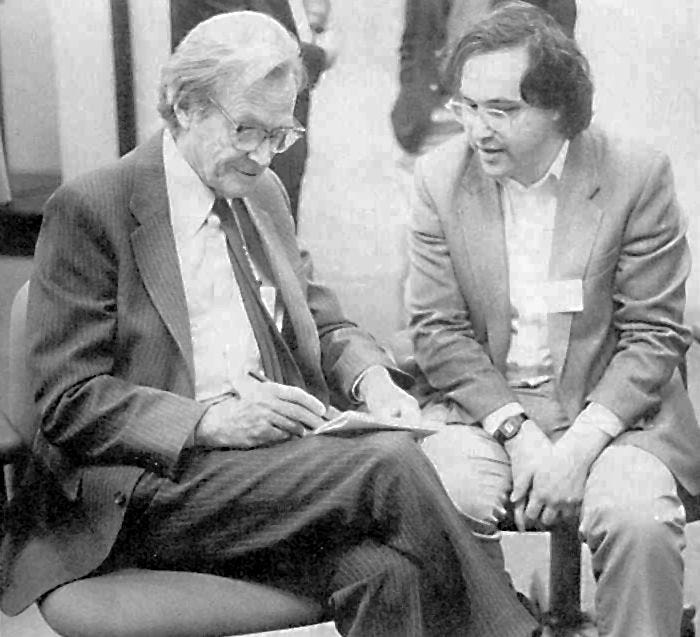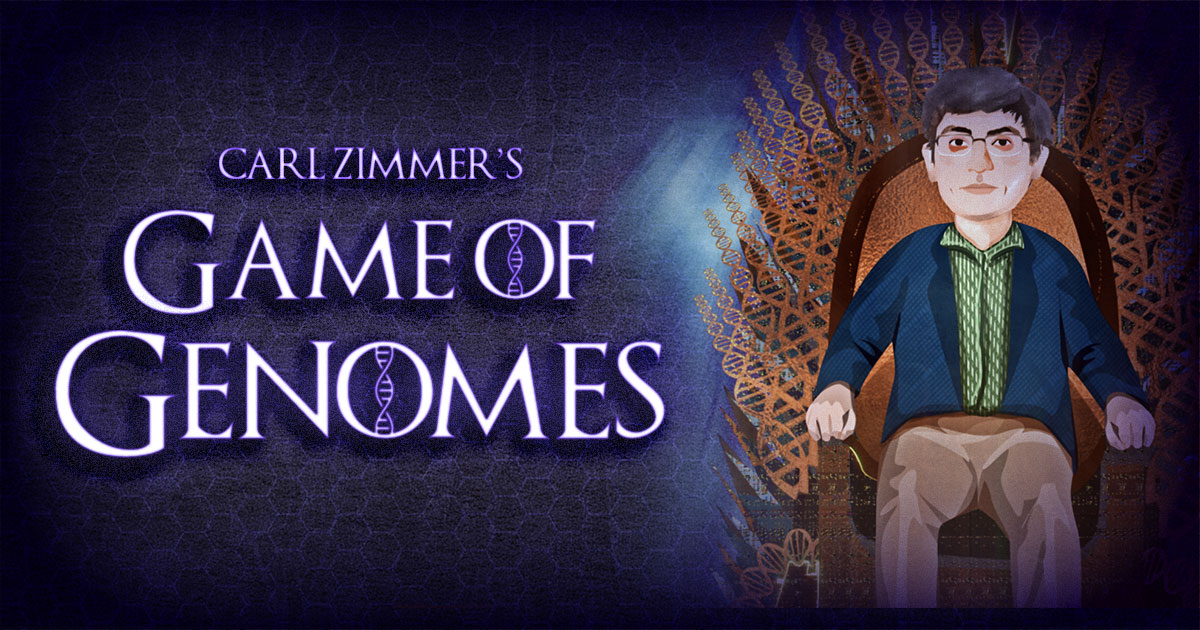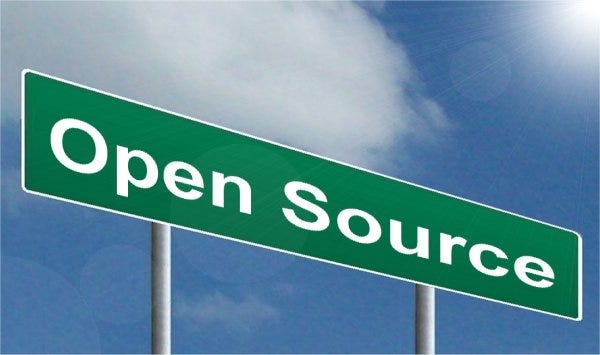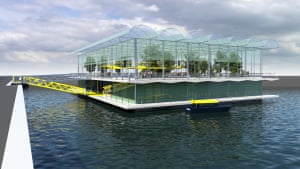
Peer review is touted as a demonstration of the self-critical nature of science. But it is a human system. Everybody involved brings prejudices, misunderstandings and gaps in knowledge, so no one should be surprised that peer review is often biased and inefficient. It is occasionally corrupt, sometimes a charade, an open temptation to plagiarists. Even with the best of intentions, how and whether peer review identifies high-quality science is unknown. It is, in short, unscientific.
A long time ago, scientists moved from alchemy to chemistry, from astrology to astronomy. But our reverence for peer review still often borders on mysticism. For the past three decades, I have advocated for research to improve peer review and thus the quality of the scientific literature. Here are some reflections on that winding, rocky path, and some thoughts about the road ahead.
I trained as a physician, studying the pathophysiology of exposure to high altitudes. In 1977, I became deputy editor of The New England Journal of Medicine (NEJM), working with what I assumed was a smoothly oiled peer-review system. I found myself driving an enormous machine whose operation was sometimes interrupted by startling hiccups. The first big one occurred a year after I arrived. An author who had submitted a paper to our journal accused one of our reviewers, who worked at a competing lab, of plagiarizing parts of her paper. She sent us a manuscript that her lab chief had been sent to assess for another journal, one that I could see had been typed on the same typewriter that the reviewer had used to write his review. I was told to sort it out.
Source: Let’s make peer review scientific : Nature News & Comment
At DigitalOcean, our vision has always been to build a platform that allows developers to run their infrastructure at scale without getting in their way. To date, the top feature request from our community has been to have the ability to add additional disk space to their Droplets. Today, we are excited to introduce Block Storage to make that possible.





